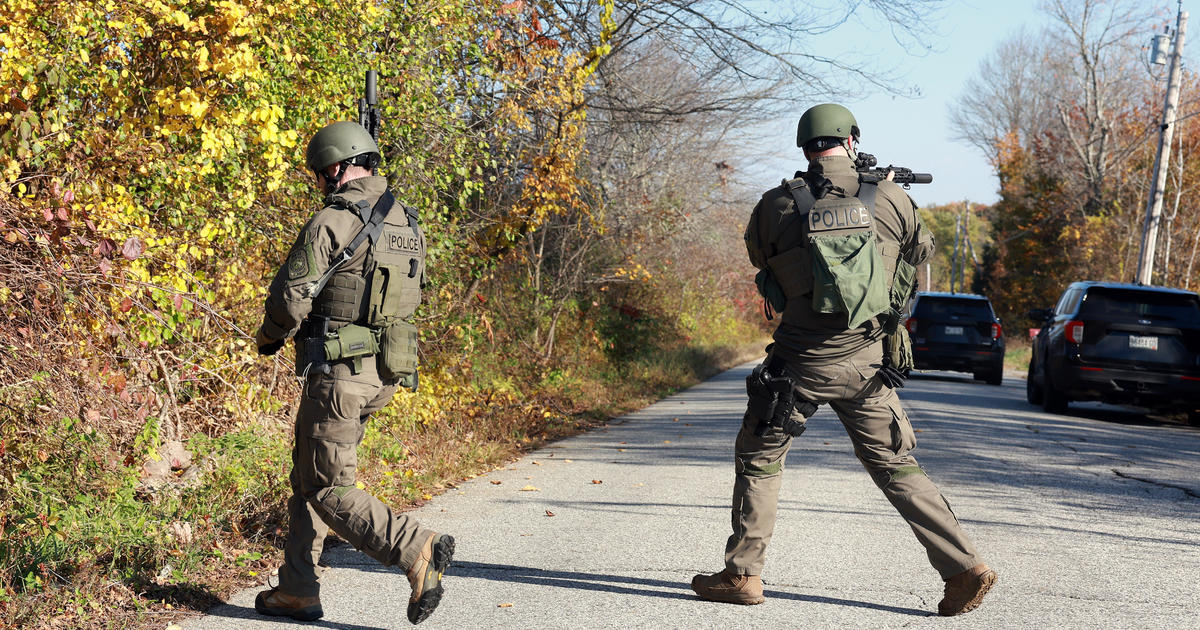The Family of Lewiston, Maine Gunman Calls for Change in Helping Military Members with Mental Illness
An Army Reserve investigation revealed that there were “multiple communication failures” regarding warning signs leading up to the tragic events orchestrated by Army reservist Robert Card in Lewiston, Maine, last October. The investigation highlighted failures within Card’s chain of command and the military and civilian hospitals that treated him for mental health concerns prior to the incident. Despite exhibiting “homicidal ideations” and discussing a “hit list,” Card was discharged from the hospital in August 2023 with a perceived “very low risk” of harm to himself or others.
In response to these findings, the Army Reserve took administrative action against three officers in Card’s chain of command for “dereliction of duty.” Lieutenant General Jody Daniels, chief of Army Reserve, emphasized that these officers failed to follow proper procedures, including initiating an investigation after Card’s hospitalization in July 2023, which could have identified the need for additional care.
Card, who had previously served as a combat weapons trainer at the United States Military Academy at West Point, New York, began experiencing auditory hallucinations in January 2023. Despite efforts from friends and family to support him, his mental health deteriorated, leading to multiple incidents reported to law enforcement and his unit. Despite these red flags, Card was still required to attend mandatory training in July, during which his mental state continued to decline.
After displaying signs of distress during training, Card underwent evaluation at a military hospital, which determined he needed a higher level of care at a civilian facility. Following his discharge from the civilian hospital with a diagnosis of a “brief psychotic disorder,” there was a lack of communication between the hospitals and his chain of command. This communication breakdown prevented critical information about Card’s condition from reaching the appropriate authorities.
Furthermore, Card’s unit failed to initiate a line of duty investigation despite his hospitalization, which would have facilitated ongoing communication between the hospitals and the military. As a result, Card was not in a duty status when he carried out the mass shooting, as he had not been on active duty since his release from the hospital in August 2023.
In the months leading up to the tragedy, concerns about Card’s behavior were raised within his unit, prompting local law enforcement to conduct wellness checks. However, these efforts were unsuccessful in engaging with Card, ultimately leading to the devastating events of October 25. Despite these warning signs, Card’s actions went unchecked, highlighting the critical need for improved protocols in identifying and addressing mental health issues within the military.
The aftermath of the Lewiston mass shooting serves as a sobering reminder of the importance of early intervention and comprehensive support for service members experiencing mental health challenges. The call for change from Card’s family underscores the urgent need for improved communication, oversight, and mental health resources within the military to prevent similar tragedies in the future.
As investigations continue and accountability measures are implemented, the legacy of those lost in the Lewiston tragedy lives on as a catalyst for positive change in how the military addresses mental health concerns among its ranks. It is a solemn reminder of the profound impact of untreated mental illness and the critical need for proactive measures to support service members in crisis.









